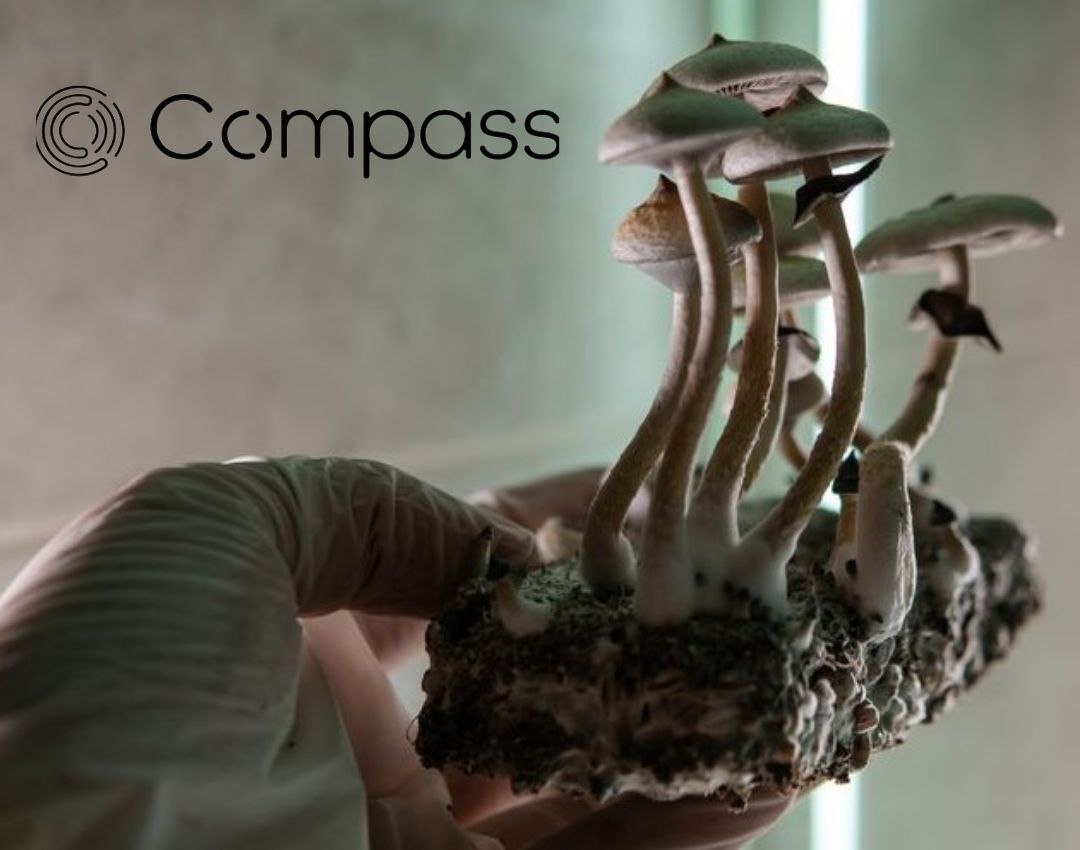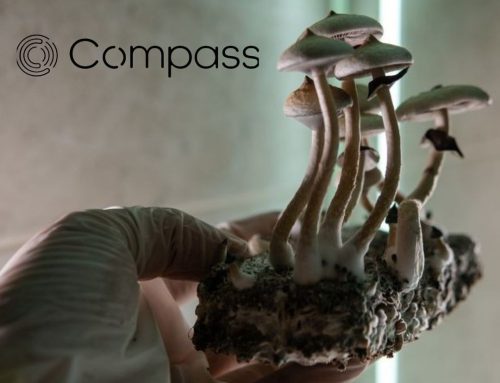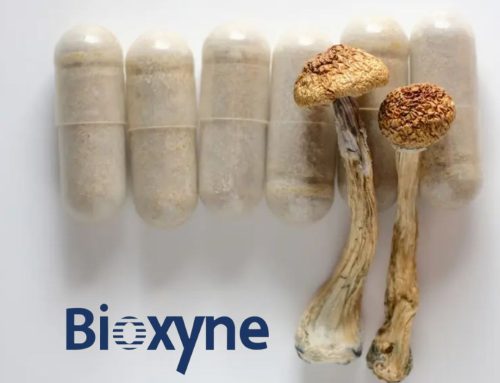Compass Pathways Advances Psilocybin Therapy Timeline for Depression Treatment
LONDON & NEW YORK – Compass Pathways reported Q3 2025 financial results and signaled a faster path to market for its lead psilocybin-based therapy in treatment-resistant depression (TRD). The biotechnology firm now targets commercialization readiness 9 to 12 months ahead of schedule, a shift driven by completed enrollment in its second Phase 3 trial and encouraging feedback from U.S. regulators.
The update comes as Compass wraps up the COMP006 study, which enrolled 585 patients to evaluate a single dose of COMP360 psilocybin therapy paired with psychological support. This follows positive topline results from the first Phase 3 trial, COMP005, in June, where the treatment showed statistically significant symptom reductions at six weeks with no new safety concerns. Data from the nine-week portion of COMP006 and the longer-term follow-up from COMP005 are due in the first quarter of 2026, with full 26-week results from COMP006 expected by early third quarter.
A September Type B meeting with the Food and Drug Administration proved constructive, covering new drug application strategies and options for a rolling submission to expedite review. Such a process could shave additional time off approval, positioning COMP360 for potential availability in late 2026 rather than mid-2027, according to company projections.
Financially, Compass posted a net loss of $137.7 million for the quarter, or $1.44 per share, compared with $38.5 million, or $0.56 per share, a year earlier. The widened gap stems largely from a $101.3 million non-cash charge tied to warrant liability adjustments, masking operational efficiencies elsewhere. Research and development costs fell to $27.3 million from $32.9 million, while general and administrative expenses dropped to $13.2 million from $15.0 million, reflecting tighter controls post-reorganization. Cash reserves stood at $185.9 million as of September 30, sufficient to support operations through 2027, with full-year burn projected at $120 million to $145 million.
This acceleration underscores Compass’s edge in the psychedelics sector, where the rivals like MindMed and Atai Life Sciences trail in late-stage depression programs. Yet the move carries risks: upcoming data readouts will determine if efficacy holds across trials, and any shortfall could reset expectations. Regulatory paths remain uncharted for Schedule I substances like psilocybin, even with breakthrough therapy designation.
For investors tracking mental health innovation, Compass’s progress marks a concrete step toward validated alternatives in a field long dominated by traditional antidepressants. As data emerges next year, the focus will sharpen on how this momentum builds toward broader access to effective treatments, potentially reshaping options for millions facing TRD.




































